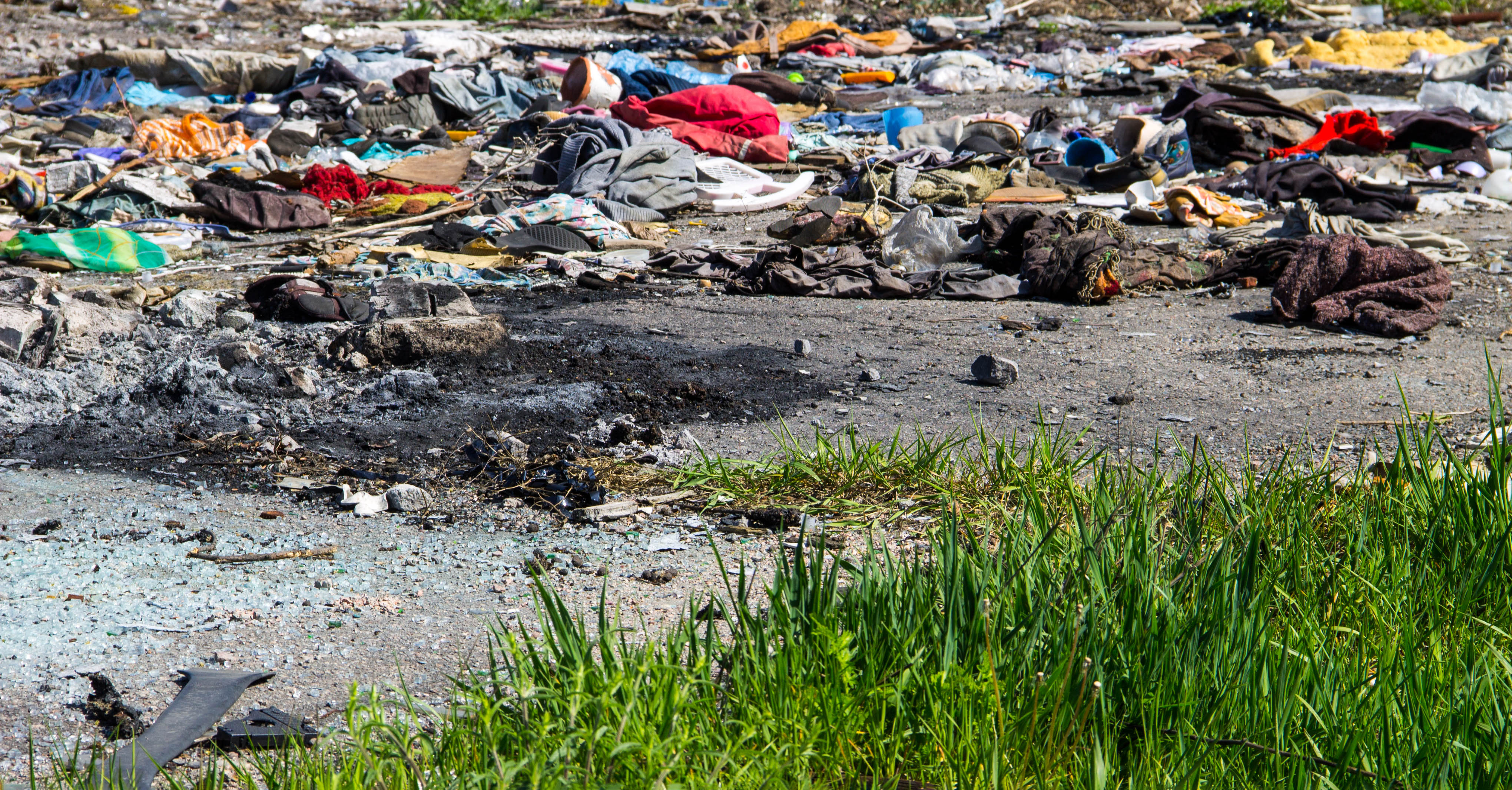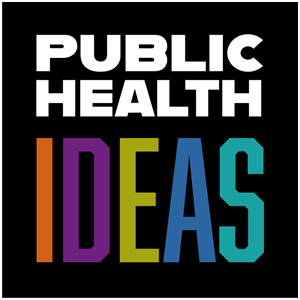$2.2M grant to increase understanding of the relationship between illegal dumping and community violence

A $2.2 million, four-year grant from the Centers for Disease Control and Prevention will fund a study examining the effects of illegal dumping interventions on the prevention of violent crime in Flint, Michigan. University of Michigan School of Public Health researchers are partnering with Genesee County Land Bank and the Center for Community Progress to conduct the research on county-owned vacant lots to develop sustainable approaches to curb illegal dumping and community violence.
“By addressing illegal dumping we are able to not only improve neighborhood conditions but also increase the safety of residents,” said Roshanak Mehdipanah, associate professor of Health Behavior and Health Education at the University of Michigan School of Public Health. Mehdipanah and Marc Zimmerman, the Marshall H. Becker Collegiate Professor of Public Health and co-director of the Institute for Firearm Injury Prevention, are principal investigators of the project. Michigan Public Health researchers Justin Heinze, David Hutton, and Lu Wang are co-investigators of the project.
Mehdipanah, Heinze, and Wang are faculty leads of the University of Michigan School of Public Health’s IDEAS initiative.
About Public Health IDEAS
The world is full of complex and far-reaching public health challenges, requiring ambitious, comprehensive, multidisciplinary approaches.
 The University of Michigan School of Public Health is uniquely positioned at the epicenter
of research, resources, expertise, and action. To rise to the challenge, we are recruiting
the best and brightest in an ongoing effort to confront some of our most pressing
issues, pursuing health and equity in the state of Michigan, the nation, and the world.
The University of Michigan School of Public Health is uniquely positioned at the epicenter
of research, resources, expertise, and action. To rise to the challenge, we are recruiting
the best and brightest in an ongoing effort to confront some of our most pressing
issues, pursuing health and equity in the state of Michigan, the nation, and the world.
In order to focus our efforts toward true, far-reaching impact, we have identified several priorities Michigan Public Health is uniquely positioned to confront. By creating tangible goals, we can create meaningful connections and pursue proper resources, and give ourselves the very best chance at creating impactful and sustainable solutions.
We’re calling it our IDEAS Initiative: Interdisciplinary Discovery, Engagement + Actions for Society.
We’ve already launched two IDEAS initiatives — Public Health IDEAS for Preventing Firearm Injuries and Public Health IDEAS for Creating Healthy and Equitable Cities — and will be announcing two more later this year.
